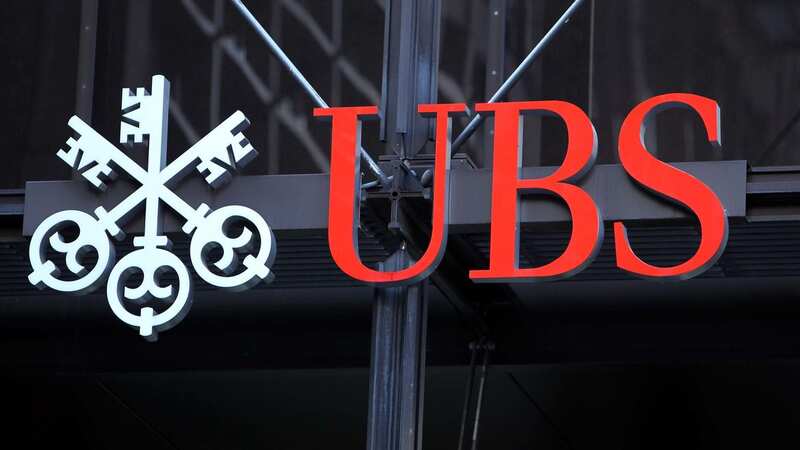UBS widens cost-cutting target as it reports £598m Q4 loss after merger

Swiss banking giant UBS has increased its cost-cutting target as it continues to merge with rival Credit Suisse.
The chief executive officer, Sergio Ermotti, described 2023 as a "defining year in UBS's history" due to the acquisition of Credit Suisse, which was aimed at preventing a global banking crisis. The merger, one of the largest and most complex in banking history according to Mr Ermotti, has proven costly for UBS.
Last year, the bank announced plans to save £8 billion by 2026 through cost reductions, including cutting around 3,000 jobs. However, on Tuesday, UBS revealed that the cost-saving target had risen to £10.4 billion by the end of 2026. About half of this amount is expected to be saved this year alone.
This strategy will help UBS reduce its cost-to-income ratio to less than 70%, meaning it will spend less on running the business compared to the income it generates. Currently, the bank is spending more than it earns.
UBS is also working on reducing its "non-core and legacy" unit, which includes loans, products, and systems inherited from Credit Suisse that it does not wish to keep. This unit generated a loss of £1.4 billion in the latest quarter.
 8 money changes coming in February including Universal Credit and passport fees
8 money changes coming in February including Universal Credit and passport fees
UBS, after merging with Credit Suisse, reported a pre-tax loss of £598 million in the last quarter of the year. This is a significant drop from their profit of £1.5 billion during the same period the previous year.
The bank expects to finalise the merger by the end of September this year, according to Mr Ermotti. He said: "As we move to the next phase of our journey, we will focus on restructuring and optimising the combined businesses,"
Mr Ermotti added: "While our progress over the next three years will not be measured in a straight line, our strategy is clear." UBS acknowledged that it's a tough time for banks due to uncertainty about when central banks might lower interest rates this year.
The bank said: "In addition, ongoing geopolitical tensions, including the conflicts in the Middle East and Eastern Europe, may impact supply chains and inflation, with consequences for the macroeconomic outlook and market volatility," Despite these challenges, UBS anticipates stronger revenues at the start of this year and expects its investment bank to return to profitability as financial market activity increases.
* An AI tool was used to add an extra layer to the editing process for this story. You can report any errors to webhomepage@mirror.co.uk
Read more similar news:
Comments:
comments powered by Disqus































